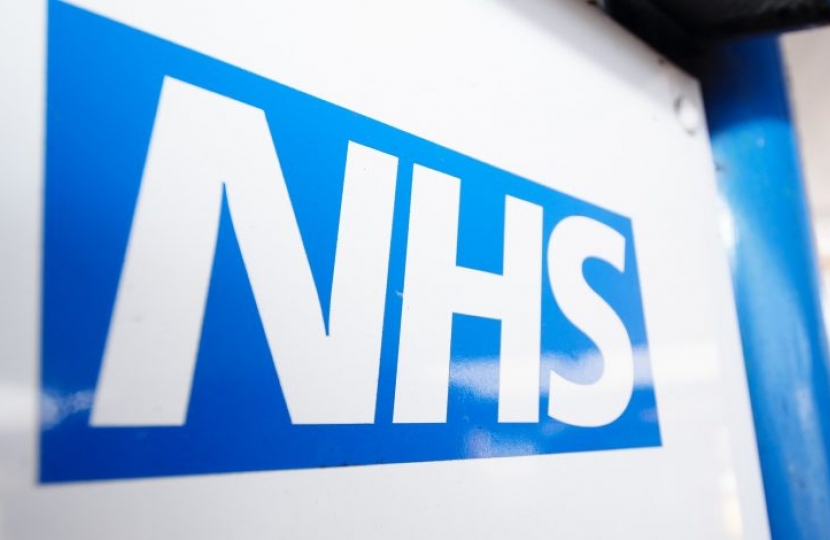
An NHS programme has seen GP practices free up more than half a million hours of time for patients in the last year.
The programme has been developed with the aim to help practice teams manage their workload, adopt and spread innovations that free-up clinical time for care, and develop the skills and confidence to lead local improvement.
The Time for Care programme sees surgeries across the country adopt new ways of working like letting patients book appointments sooner, cutting paperwork and offering faster access to different specialist health professionals.
Surgeries like the Pickering Medical Practice in North Yorkshire have reduced appointment waiting times by nearly half, while patients at the Chiswick Health Practice in Hounslow now have more choice and easier access to appointments, which has made the practice more efficient and freed up 600 hours of GP time.
The programme, which will now be rolled out across the country after success in pilot sites, has been extended for three years beyond its initial March 2019 end date and aims to cover three quarters of GP practices by 2022.
Locally, there are a number of practices that are taking part, including NHS Nene CCG, NHS Corby CCG, NHS Coventry and Rugby CCG. Hopefully as we approach 2022 there will be more joining them.
The decision comes after the programme posted its latest results which show practices around the country have freed up 205,157 clinical hours and 330,096 administration hours in the past year, all of which helps focus maximum effort and resource on quick and convenient patient care.
The saving of 205,00 clinical hours is the equivalent of 1.23 million GP appointments of 10 minutes each. At an average of £30 an appointment, that represents close to £40 million in time saved. If the same number of clinical hours saved are achieved over the next three years, it would represent around 3.7 million GP appointments – or around £110 million in terms of appointment time saved.
NHS Teams have reported that by participating in Productive General Practice Quick Start and Learning in Action, they have reduced time and achieved a wide range of significant benefits:
• GP time is being used more effectively; GPs report they are seeing the patients that need their care and spending time on tasks that need their attention.
• Pressure and burnout has declined, GPs have described being able to more regularly start/finish on time or reduce the amount and frequency of working excess hours, and getting through the daily workload better.
• Job satisfaction has increased. The joy of working in general practice has been restored, for some GPs we have worked with this has literally made the difference between leaving or remaining in the profession.
• Teamwork and morale has improved for practice teams with staff culture shifting from one where ‘this is the way we’ve always worked’ to ‘we can make things better.’
• Meaningful collaboration between practices is developing, where practices are realising the benefits of sharing learning and new ways of working that help them to standardise processes, make efficiencies, improve working relationships and implement new models of care such as Primary Care Home.
• Patients are benefitting from improvements made from safer and more efficient processes for repeat prescriptions, through to better access and more time with the right member of the clinical team.
Please see the below leaflet on the PDF for further information...
